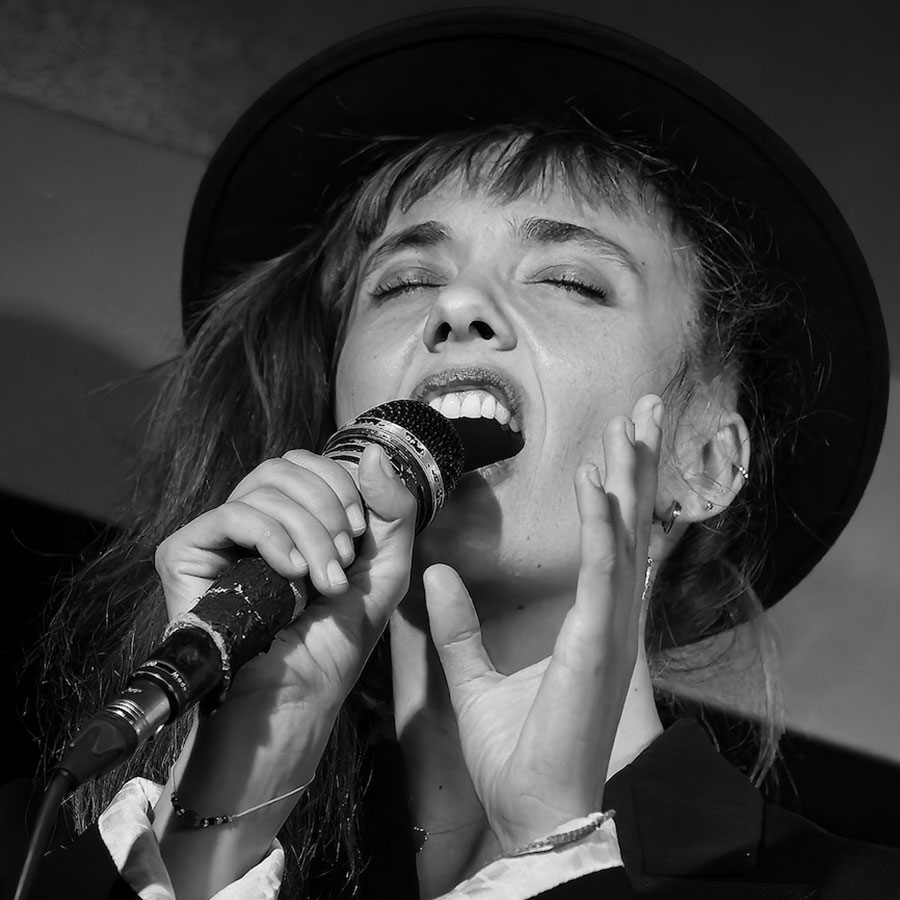
Camille Bertault is undeniably one of the major voices to have emerged on the French jazz scene over the past decade.
What sets her apart is that she positions herself both as a classical jazz vocalist – although she sings almost entirely in French – and as a vocal instrumentalist, using her voice like a saxophone or trumpet. As a result, she can sing a cappella solo or in re-recording – occasionally accompanying herself with a carillon – as well as blend in with the accompanying instrumentalists, producing languorous or rhythmically breathtaking scats.
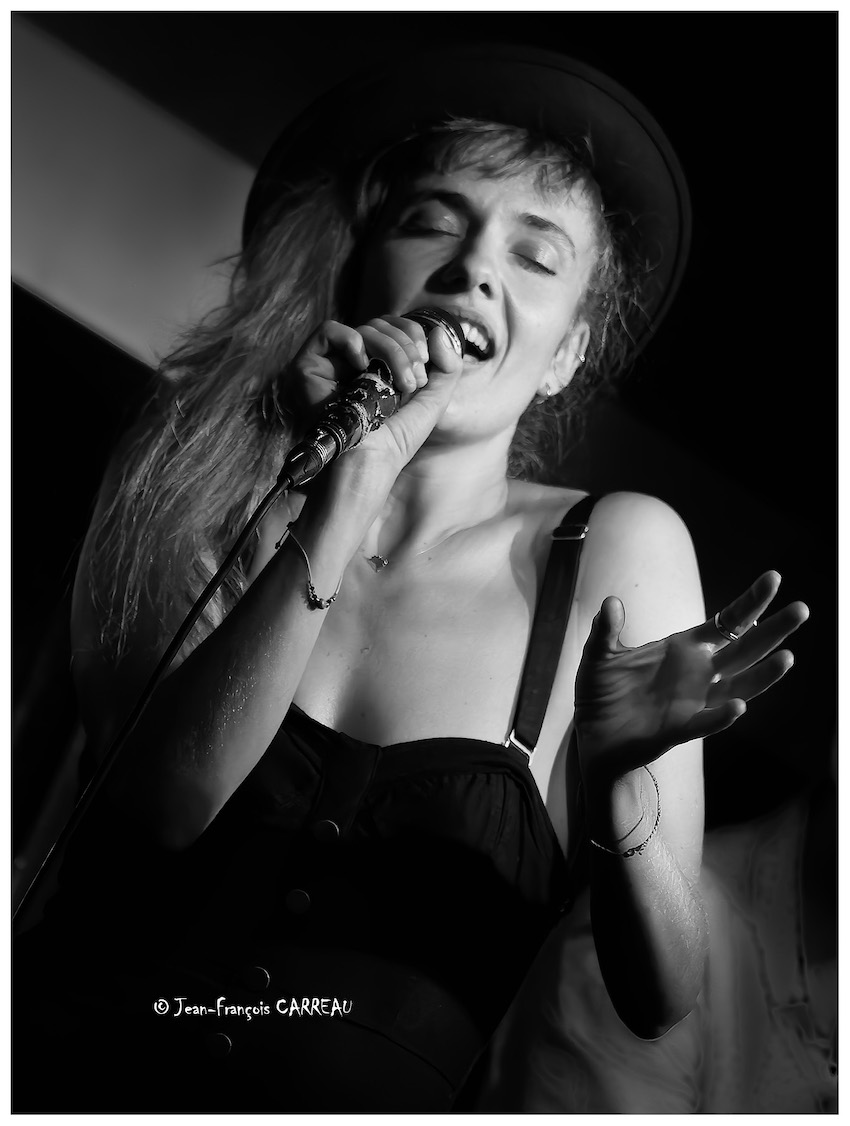 Camille also leaves plenty of room for the musicians who join her on stage, so it’s not just her voice but the whole band and its individual members that come to the fore, either as part of a dense, bushy interaction – a “jouage”, as we say today – or in first-rate solos.
Camille also leaves plenty of room for the musicians who join her on stage, so it’s not just her voice but the whole band and its individual members that come to the fore, either as part of a dense, bushy interaction – a “jouage”, as we say today – or in first-rate solos.
Camille doesn’t choose her companions from the lower echelons of the jazzosphere, and these musicians are clearly delighted to accompany her and by the space she gives them.
A vocalist whose phrasing is always inventive, tender or tonic, an accomplished musician, an outstanding rhythmicist whose body on stage – when she’s not singing – is in constant, supple motion while her sidemen play, a lyricist whose lyrics are always poetic, ironic and interesting, Camille is a complete artist, and it’s easy to see why she has quickly established herself on the French scene, where she occupies a unique position.
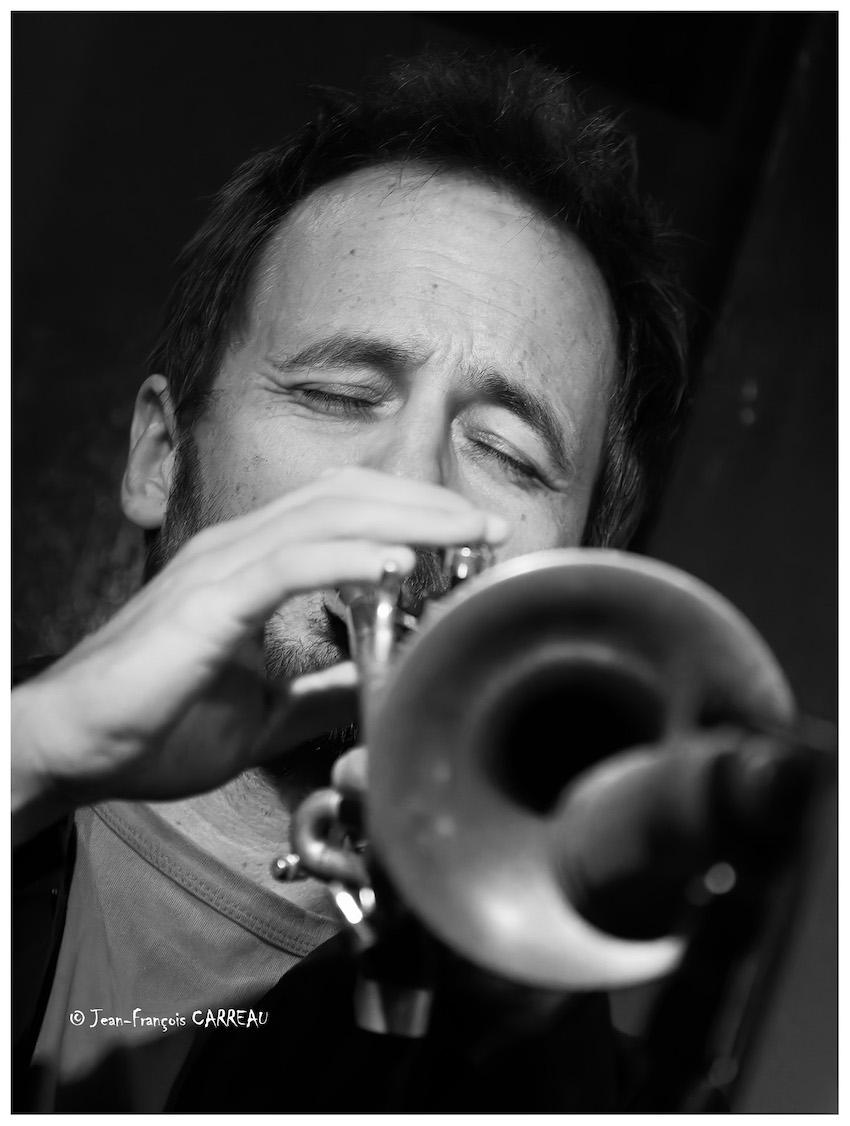 Mostly composed of themes from her own pen or from trumpeter Julien Alour, this evening’s repertoire began with a personal and inspired revisiting of “My Favorite Things” with original lyrics by Camille.
Mostly composed of themes from her own pen or from trumpeter Julien Alour, this evening’s repertoire began with a personal and inspired revisiting of “My Favorite Things” with original lyrics by Camille.
This was followed by a variety of themes paying homage, among others, to the extinct dodo bird or her cat. Camille takes us gently, without showboating, into a part of her intimacy, which she reveals without exhibitionism. A “universe” (a term I rarely use, so overused is it) that is at once personal, deeply original and totally accessible, without resorting to the clichés or vocal jazz tricks that make this musical genre the most popular in jazz today. It’s impossible to predict how Camille will evolve in the years to come, given how far she’s come since the post – which quickly went viral – she published on the net a dozen years ago, in which she scatters, bewilderingly and with confounding naturalness, on Coltrane’s “Giant Steps”.
Even then, Camille‘s vocal mastery was presented not as an end in itself or a technical feat, but in the service of a feeling of obvious sincerity.
Camille is thus an artist whose career is followed with constantly renewed interest, and who can seduce complete neophytes at every stage of her journey, who will find in her an authentic musician who cannot be pigeonholed into any of the stylistic categories into which her fellow French vocal jazz musicians fall.
And the large audience on the Son de la Terre barge makes no mistake, giving her an enthusiastic welcome. The second set begins with a rhythmically dazzling version of Brassens’ “Je m’suis fait tout p’tit” in duet with Julien Alour, where Camille’s range is used to remarkable effect in a twirling scat that goes from near whisper to near scream.
“Ma Muse“, which follows with the whole band, is quite simply a tribute to the music, which evolves in perfectly convincing, supple undulations, punctuated by a lively chorus from Julien Alour.
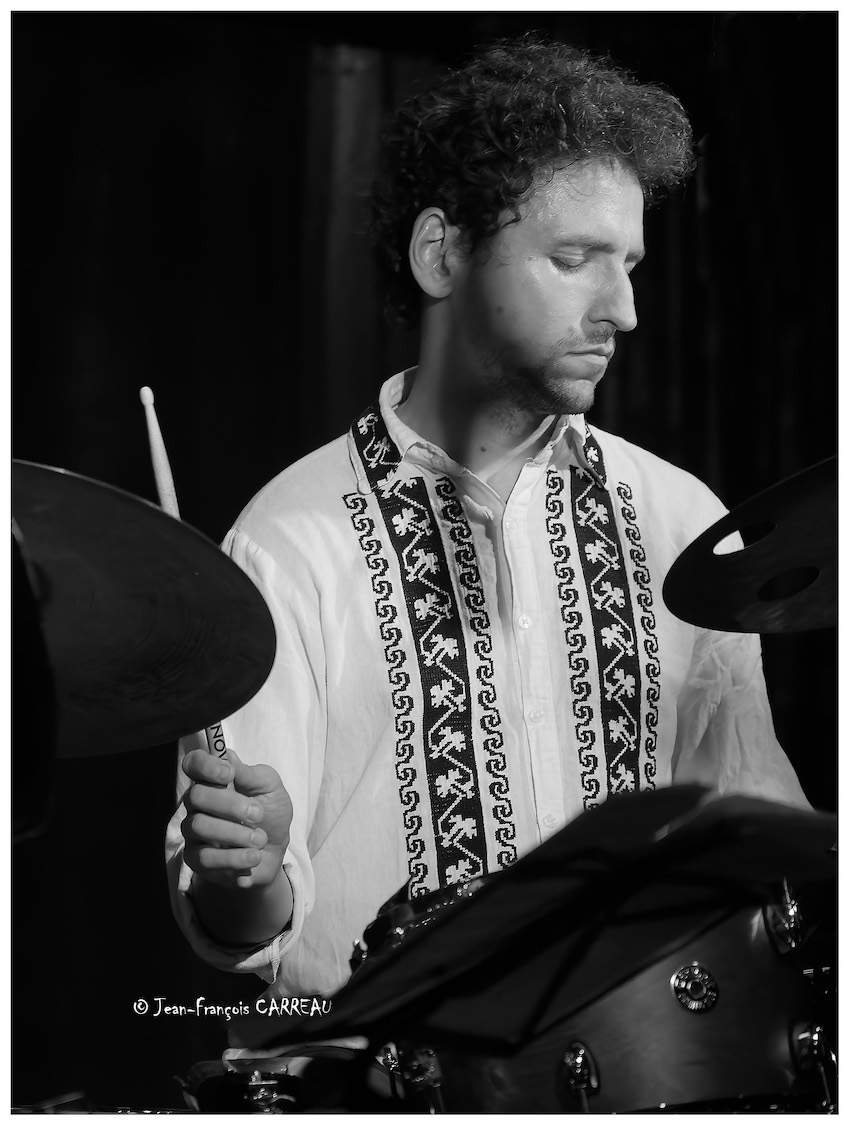 Throughout the entire concert, the rhythm section featuring bassist Sylvain Romano, pianist Fady Farah and drummer Philippe Maniez (brand new to the band) provides unwavering solidity and harmonic and rhythmic richness.
Throughout the entire concert, the rhythm section featuring bassist Sylvain Romano, pianist Fady Farah and drummer Philippe Maniez (brand new to the band) provides unwavering solidity and harmonic and rhythmic richness.
These musicians are clearly not there to serve as a foil for the singer, but are given the opportunity to express themselves fully in a first-rate quartet propelled, among other things, by the colorful and powerful drumming of Maniez, who opens “Je suis un arbre” as a duet with Camille‘s chirps, followed by a percussive piano solo before launching into remarkable melodic-rhythmic evolutions.
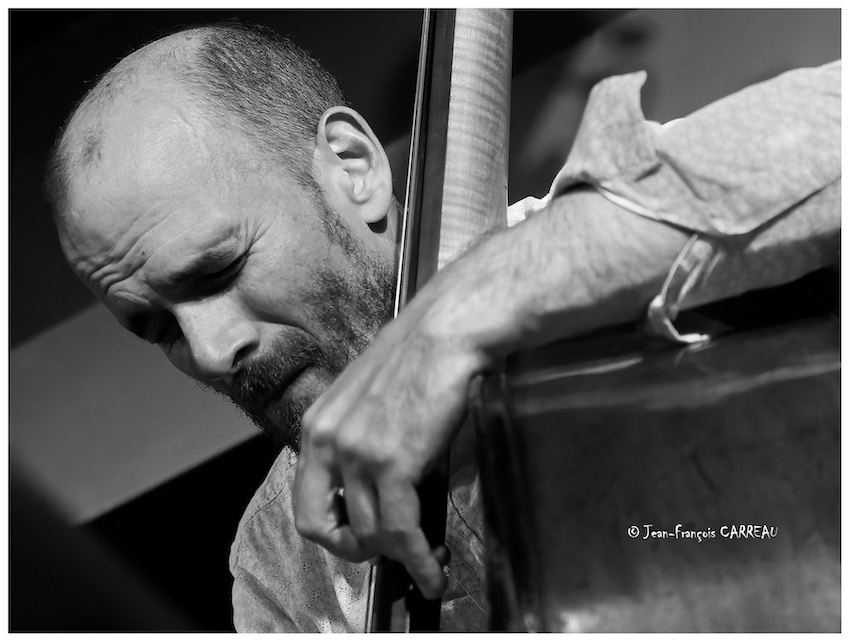 Aside from the fact that she can cover Brassens or Gainsbourg in totally unusual ways, Camille could also be described as the “singing madman” who characterized Charles Trénet.
Aside from the fact that she can cover Brassens or Gainsbourg in totally unusual ways, Camille could also be described as the “singing madman” who characterized Charles Trénet.
Is Camille mad?
Undoubtedly! But a madness that is at once sweet, joyful and wise, and which manifested itself, among other things, in a piece by Johann Sebastian Bach scatted at full speed in a duet with the pianist.
After Trénet and Nougaro, Camille is undoubtedly the one who has best succeeded in making the French language, reputedly not very groovy, swing. I’ve often lamented the lack of interest shown by French jazz musicians – at least until recently – in the French chanson repertoire. Camille has created her own repertoire of themes sung in French, just waiting to be taken up by other jazz musicians. “Nouvelle York”, one of the last songs of the evening, can be seen as a response to the Toulousan singer’s “Nougayork”, and gave Sylvain Romano the opportunity to remind us in a masterly solo that he is one of the bosses on double bass.
And the encore cover of Hermeto Pascoal’s “Foro Brazil” – another joyous madman – in medium tempo then ultra-fast was an ideal finale to this masterful concert.
Line Up:
Camille Bertault: vocals, compositions and lyrics
Fady Farah: piano, Rhodes, organ
Sylvain Romano: double bass
Philippe Maniez: percussion
Julien Alour: trumpet, flugelhorn
©Photos Jean-François Carreau
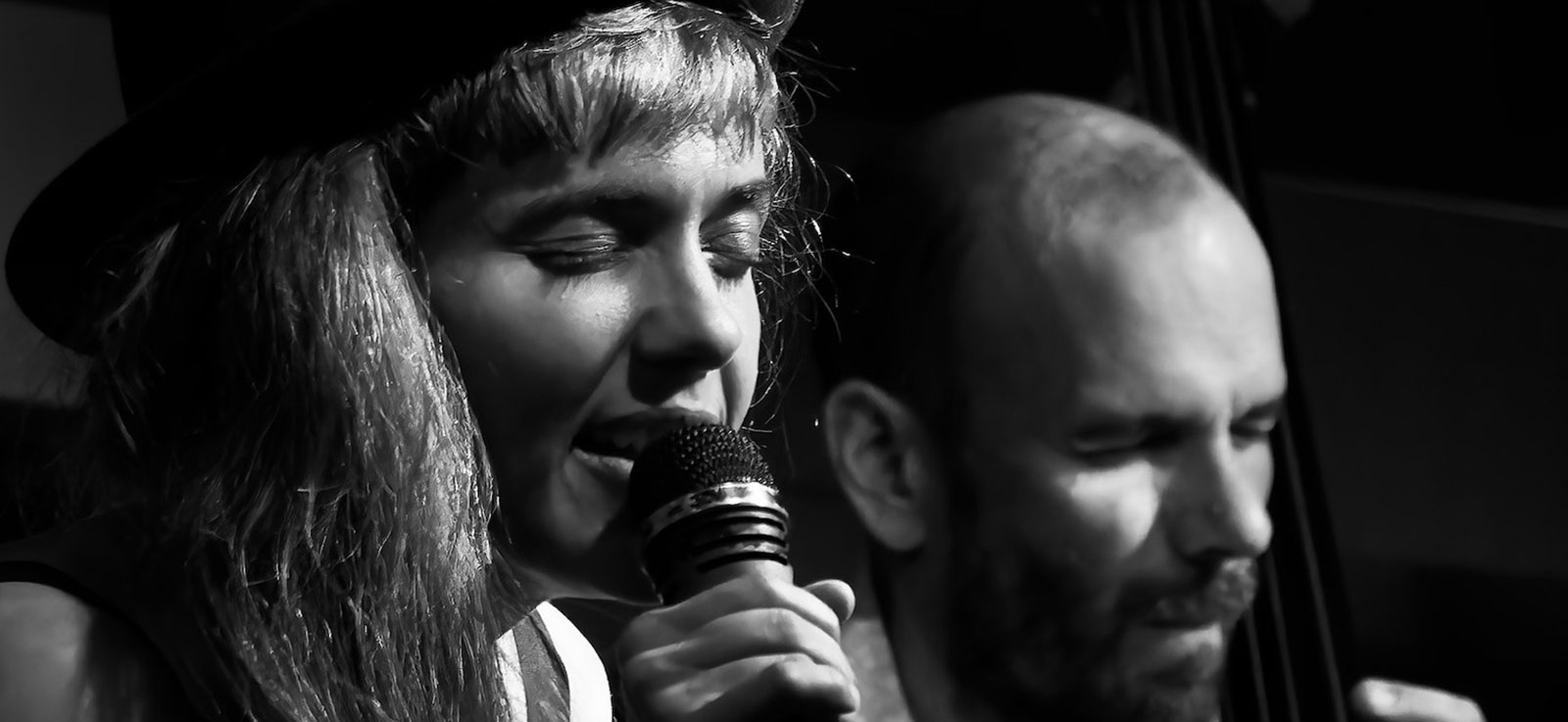



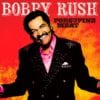

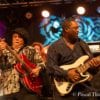
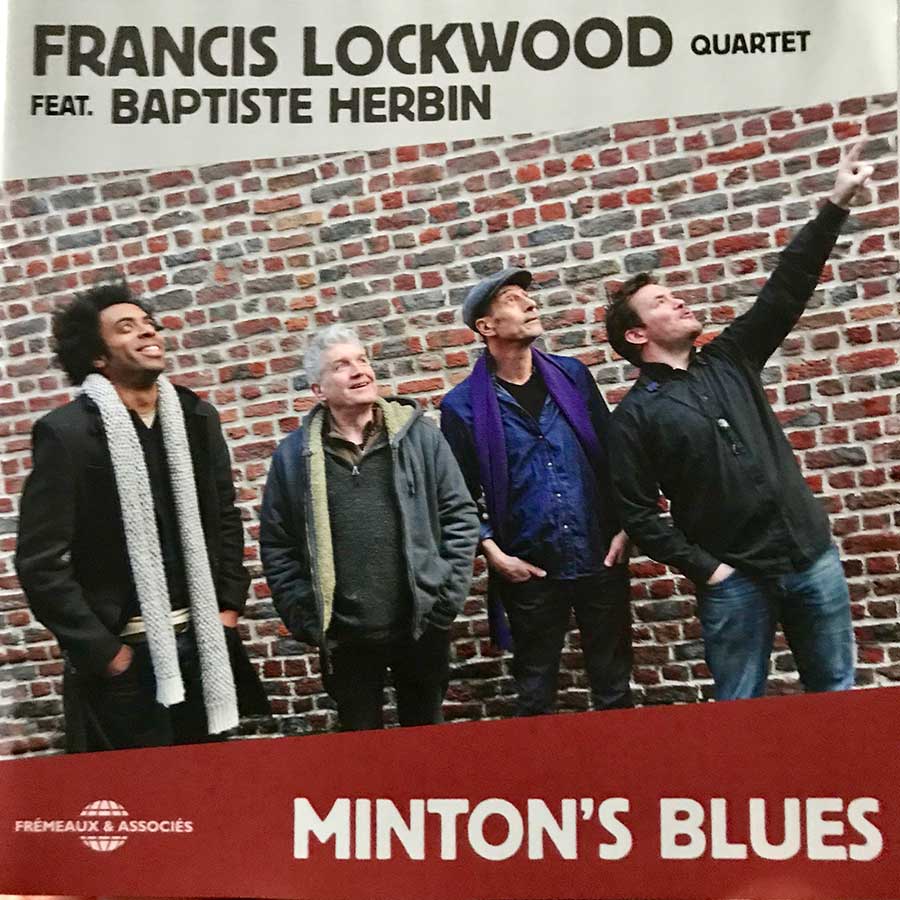


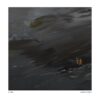
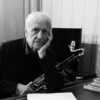
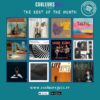

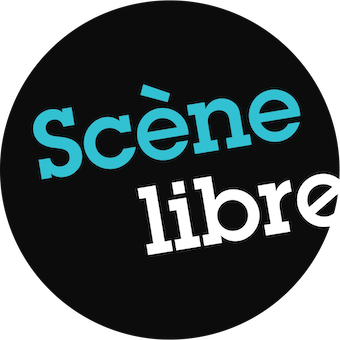
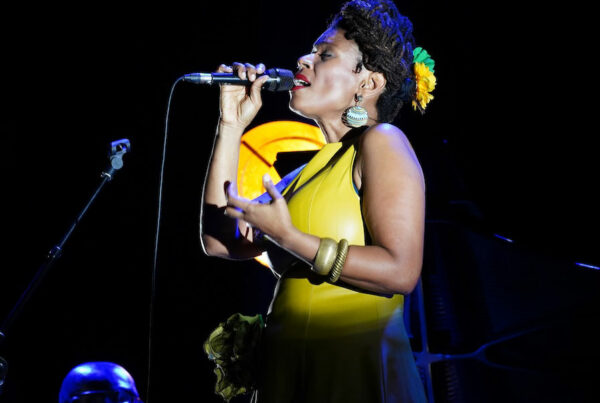
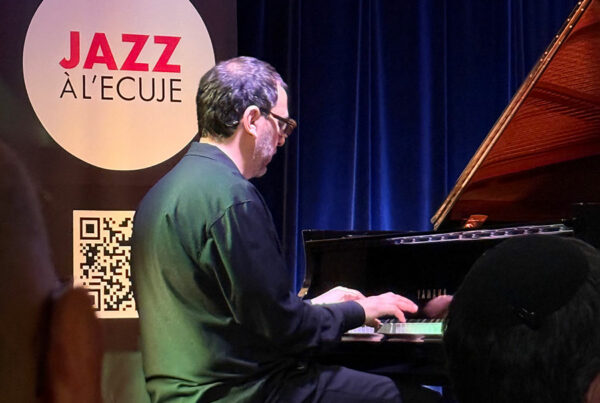
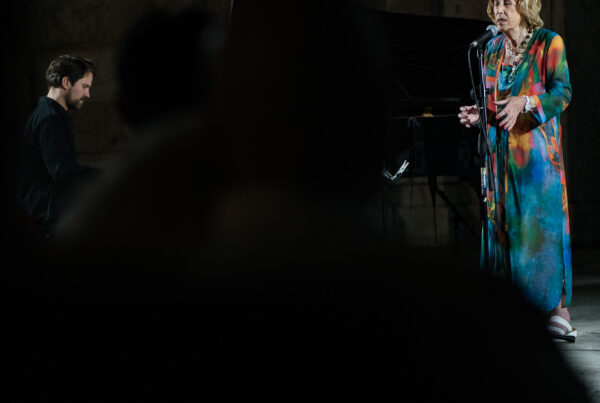


RECENT COMMENTS